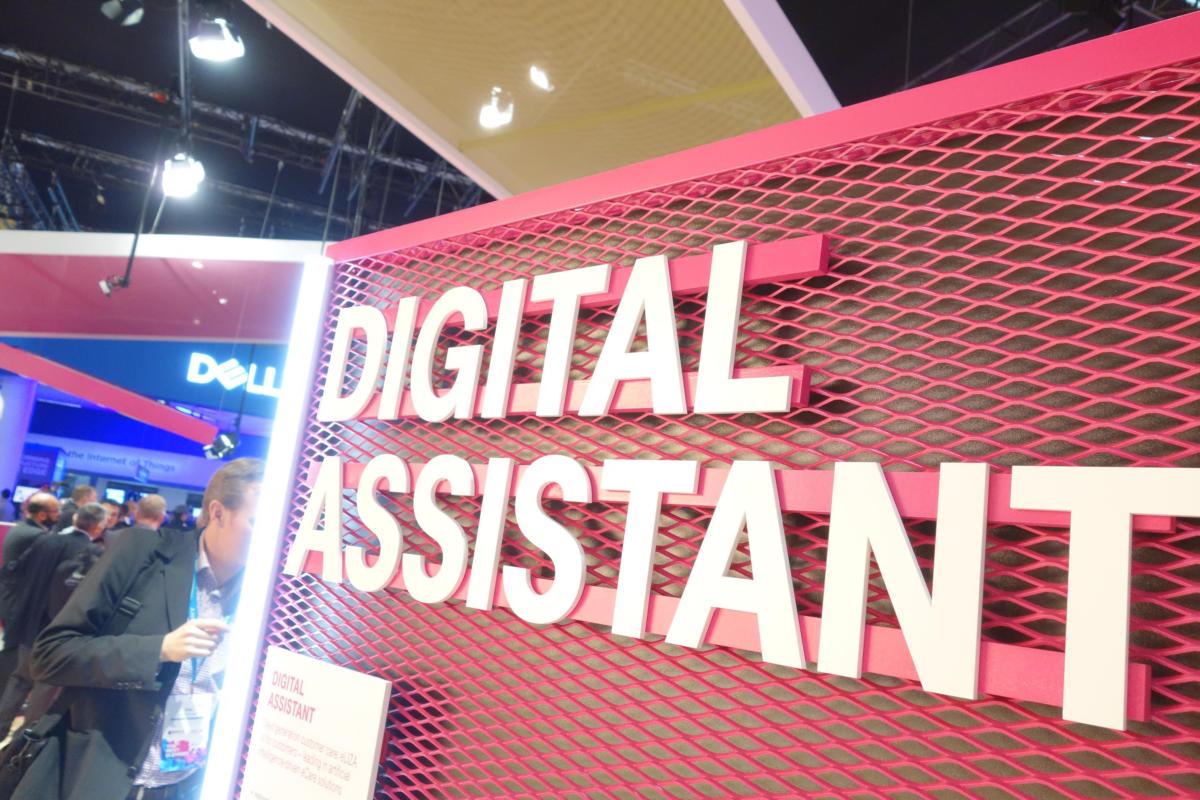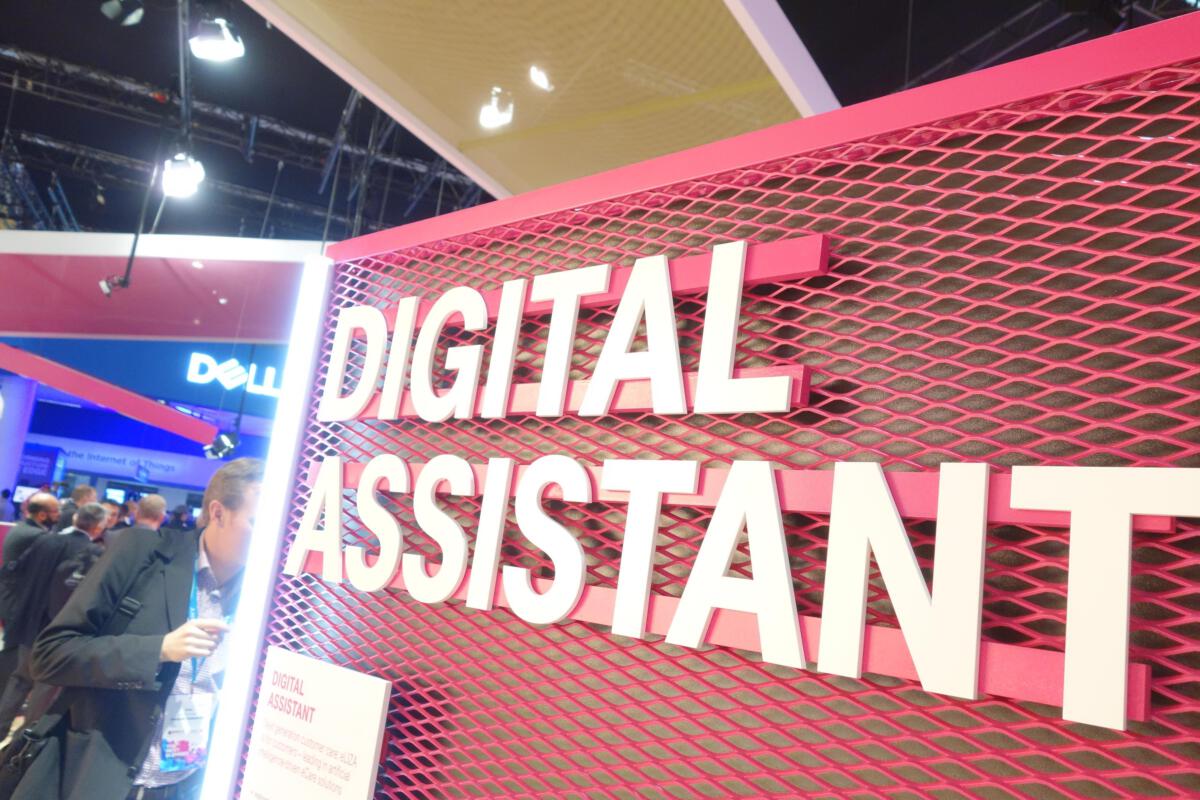
One of the fascinating long-term discussions of the future is whether we’re trending toward the world in the book 1984 or Brave New World. While most of us thought we were on track for Aldous Huxley’s vision, the future envisioned by George Orwell seems more plausible now.
In Brave New World, the problem is one of massive distraction; in 1984, it is all-encompassing misinformation. We could argue that the issues we face today are a blend of the two. We face increasing phishing schemes and a proliferation of “Fake News,” which opens us to attacks and drives us to make bad decisions. And we are so overwhelmed with disruptions it is very hard to prioritize what we need to do. Working from home has exacerbated this issue because many of us are now surrounded by pets, children, and chores that demand our attention.
As I look at productivity tools, it’s clear we need a tool that monitors our calendar, our inboxes (email, social networking, and text) and helps us to prioritize our time boost productivity. I expect this to emerge as kind of a super digital assistant. Let’s explore both the need for this tool and what its requirements would be.
Defining the problem
We have digital assistants already, but when I was young, executives were generally assigned someone to help them manage their day. These human assistants were, and in some cases still are, the gatekeepers to the executive. They control the schedule, go through and prioritize the mail (both physical and electronic), sometimes run errands, buy gifts (both personal and professional), and act as an independent advisor.
But the role of human assistant has primarily been defunded and only ever was provided to senior people at a company. (Some of the most successful firms still use this concept, but rely on young executives who are being groomed for senior executive positions.)
The benefits were clear: the assistant, coupled with the executive, created a more efficient team. In this team, the highly paid executive could better focus his or her time on the business, and the lower-paid assistant would handle distracting trivial tasks – and help the executive stay focused.
Today, the need has expanded to assuring security from phishing attacks, managing a host of digital resources ranging from mail and SMS to news feeds and alerts, and helping out while the executive rides out the Pandemic. This need has always been broader than taking care of top people; rank-and-file employees have similar needs. But while human assistants don’t scale, AI-based digital assistants do.
Suggesting a solution
The solution should be built into productivity suites. A person using a digital assistant needs that assistant to integrate with their calendar, their email, their word processor, and be able to help with presentations and provide advice on spreadsheets. Also, they need to prioritize tasks across the entire suite of productivity components.
With these “skills” in place, when the user starts their day, the assistant can lay out a schedule of execution that not only addresses job-related goals but handles personal distractions and warns of potential phishing attacks and other exposures. One such exposure could include monitoring social media both to protect against career-limiting posts and to assure engagement is where it needs to be for the executive’s brand. (If they use an internal collaboration tool, the executive can even appear better engaged with their team.)
While assistants can do things like book flights, get tickets, and even highlight calendar items that are coming up, they are well off the autonomous tool I envision. Just adding the capability for social media oversight is a big leap. The AI assistant can not only suggest things to read that we might have otherwise missed, but can help word responses that don’t get us in trouble or even stop us from hitting “send” when our emotionally driven hands are moving faster than our brains.
Wrapping up
AIs, when properly developed and applied, should make us better employees. But to do that, they need to advance so that they better understand our unique needs and have more capabilities to address those needs autonomously. They are increasingly capable of handling repetitive tasks like filling out forms and posting fast responses to emails that aren’t important but still need a reply or acknowledgment.
With cars, AI-based hardware is already being designed to keep us safe, kind of a Guardian Angel for the road (a concept created by Toyota). Once they become true Guardian Angels, I doubt any of us that use them will be able to imagine a few years later how we survived without them. The same will be true with smart digital assistants that one day help us manage the crush of distractions and dangers so we can focus on what’s important.



